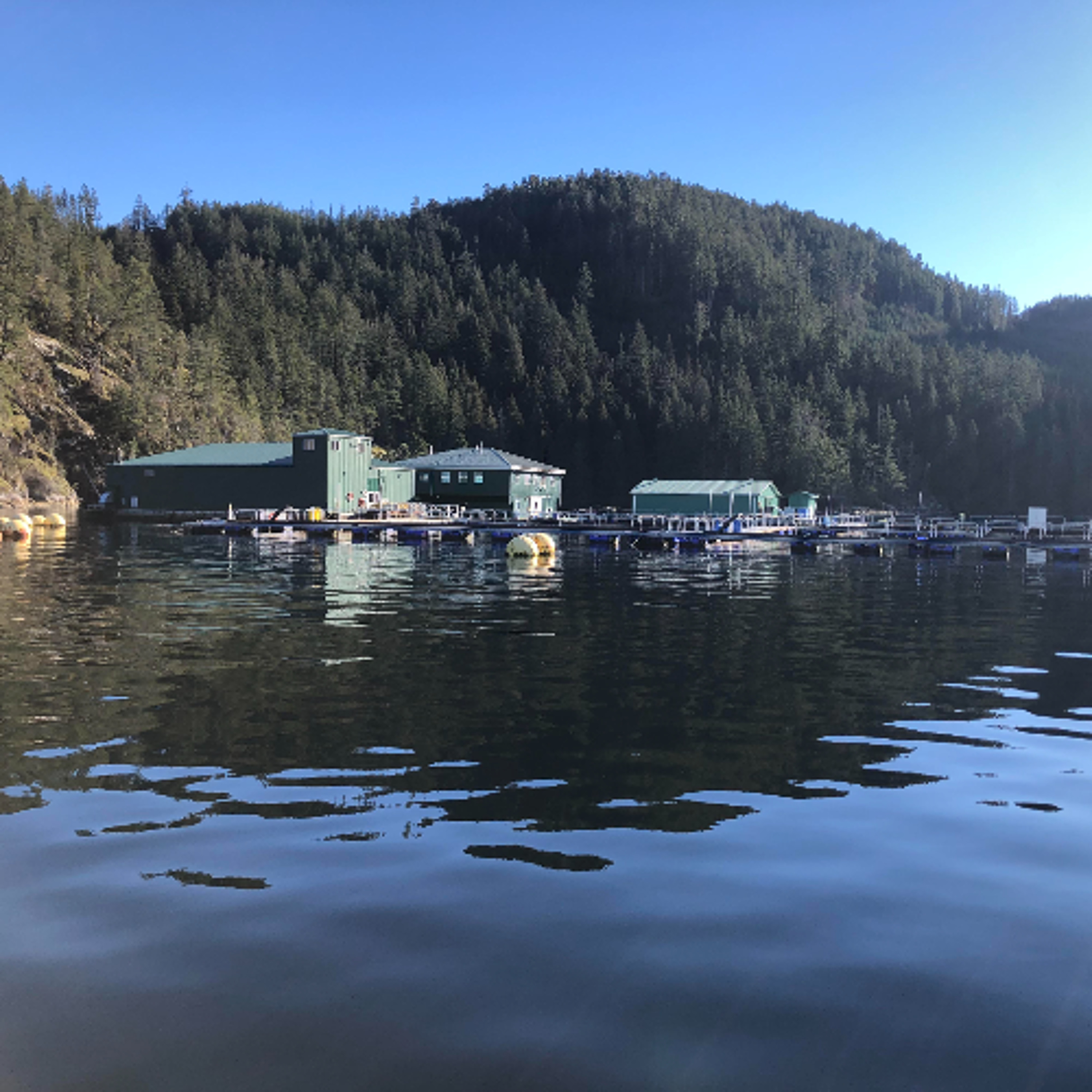Scientific Methodology, 'Activist Science' and Corporate Spin
- Author
- roy.hales9.gmail.com
- Published
- Fri 21 Feb 2025
- Episode Link
- https://soundcloud.com/the-ecoreport/scientific-methodology
Roy L Hales/Cortes Currents - Brian Kingzett, the Executive Director of the BC Salmon Farmers Association, recently informed the city of Campbell River that:
“ We have seen a weaponization of science where industry and government have their science, industry science is always put into conflict. Then we see activist science, which is largely coming out of urban areas being weaponized against us. We need that independent science more than ever.”
What Kingzett, who by the way has a Master’s degree in Marine Biology from SFU, did not say is that the professors he was defaming ‘have cumulatively published over 1,500 peer-reviewed scientific papers, serve or have served on over 30 editorial boards of scientific journals, include five Fellows of the Royal Society of Canada, and have many decades of experience in science advice processes across levels of government.’
Nor did he mention that they were either professors working in the following universities, or have moved on from them after obtaining their PHDs: namely Simon Fraser University, the University of British Columbia, University of Calgary, University of California (Davis), University of Hawaii, University of Toronto, and the University of Victoria. At least two of them are also connected to the Pacific Salmon Foundation.
When Cortes Currents asked Dr Gideon Mordecai, from UBC’s Institute for the Oceans and Fisheries, for a response, he pointed out that the urban label was not accurate because ‘much of the work is carried out by researchers living outside of large urban centres’ and additionally, there is a huge amount of science being led by, or carried out in collaboration with, First Nation Communities, which are often more rural.’
Cortes Currents: Do you have any response to Kingzett's comments? Or his dismissal of a letter from 16 recognized scientists as ‘activist science?’
Gideon Mordecai emailed: “Bias exists in all scientific endeavours. However, I would suggest that it is quite clear who stands to benefit the most from certain scientific narratives. Industry-backed science inherently has a vested interest in outcomes that support continued operations, whereas independent academic research is typically more driven by curiosity and public interest. All that to say, let’s not let the BC Salmon Farmers Association be the final arbitrator of science!”
“The 16 scientists who critiqued the DFO rapid science response did so based on their expertise. Dismissing their concerns as “activist science” oversimplifies the issue and avoids engaging with the actual critiques they raised (which would be more typical of the scientific process). These issues (as described in our letter) are that DFO’s sea lice report is fundamentally flawed due to selective reporting of methods and results. We noted that the report was did not meet any reasonable standards of independent peer review, and downplays a large body of peer-reviewed research — both BC-focussed and international — that has repeatedly demonstrated the relationship between salmon farms and sea lice on wild juvenile salmon”
“One of the usual ways to mitigate bias is transparency— e.g. disclosing funding sources, data access, and methodologies. DFO has failed to share data for the sea-lice rapid science response (see the Information Commissioner's report on this). We will have to wait and see if the data is released in the coming weeks.”
There is much more in the podcast
